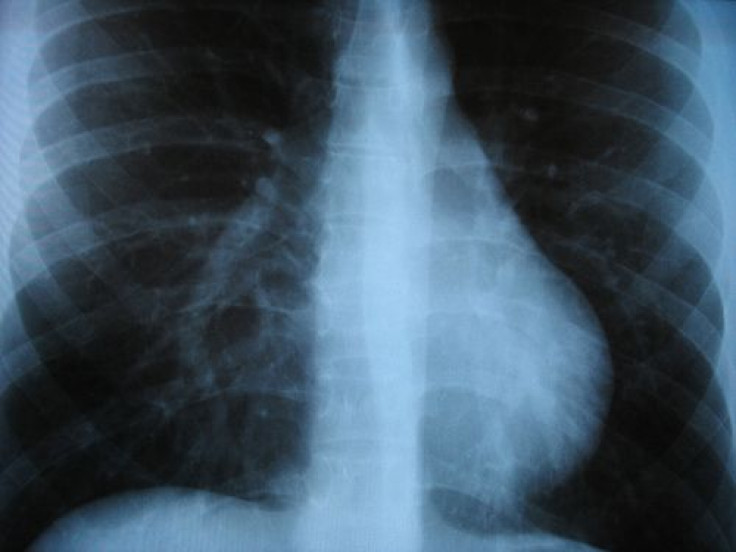Sanofi Heart Drug Restricted After Organ Injuries

European regulators said the use of the heart drug Multaq by Sanofi-Aventis to treat arrhythmia should be limited due to an increased risk of liver, lung and cardiovascular adverse events.
Multaq (dronedarone) is a medicine authorized in Europe in 2009 for use in adults who have had atrial fibrillation or who currently have temporary arrhythmia. Atrial fibrillation is the most common type of cardiac arrhythmia.
Multaq should only be prescribed "after alternative treatment options have been considered", said the European Medicines Agency's Committee for Medicinal Products for Human Use (CHMP) in a statement today.
In the United States, the Food and Drug Administration may take similar or tougher action in the coming weeks, according to a report from the Wall Street Journal quoting people familiar with the FDA decision.
The CHMP said it began to review the overall benefits and risks of the medicine in January 2011 after reports of severe liver injury in patients treated with the medicine.
The European Committee concluded that there was "an increased risk of Multaq causing injury to the liver as well as the lungs when used in accordance with the currently approved prescribing information."
During the review the CHMP was informed of the early termination of a clinical trial due to the occurrence of severe cardiovascular side effects such as cardiovascular death, stroke and cardiovascular hospitalization in patients taking the medicine, the Committee said in a press release.
The Committee considered that the cardiovascular events could mean an increased risk of cardiovascular side effects for some patients with non-permanent atrial fibrillation, the report states.
However, the Committee considered that the availability of a range of treatments for a difficult condition such as atrial fibrillation was important and that for some patients with non-permanent atrial fibrillation "Multaq remains a useful treatment option."
The CHMP therefore was of the opinion that the "benefits of Multaq outweigh its risks in these patients, provided that further changes to the information for prescribers and patients will be introduced to minimize the risk of injury to the liver, lung and heart."



























